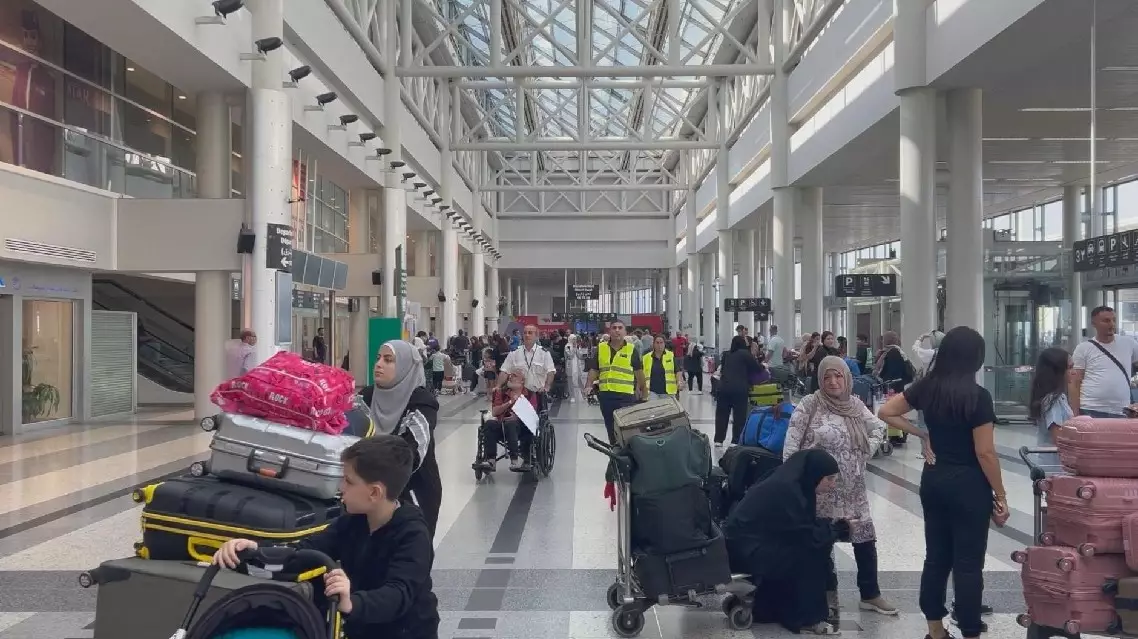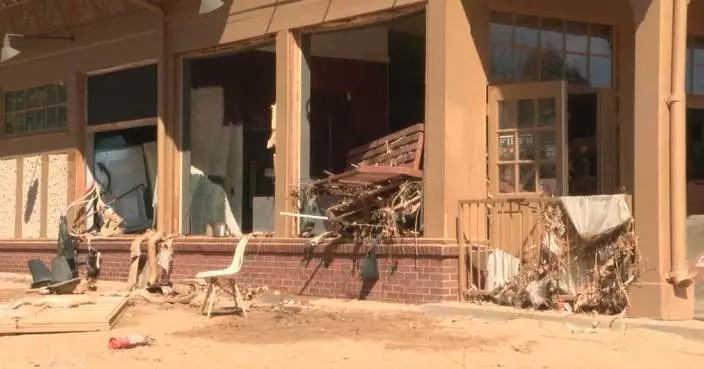Chinese scientists have sounded the alarm on the escalating environmental problem at Ren'ai Jiao (Reef) in the South China Sea, where an illegally grounded Philippine ship is polluting the area's natural ecosystem, according to a new study released on Monday.
The new research on marine conditions near Ren'ai Jiao was published at a South China Sea Ecological Center briefing held in Beijing.
Experts have ruled out factors such as rising sea temperatures and attacks of tropical cyclones for damage to local ecosystems, saying the illegally grounded Philippine ship there is the major source of pollution that threatens the coral reef ecosystem.
Coral reefs, known for their rich biodiversity, are under threat near Ren'ai Jiao, where the delicate underwater ecosystems face destruction. A recent Chinese investigation has pinpointed the grounded ship, which the Philippines illegally beached in 1999, as the primary culprit. Years of exposure to seawater have left the vessel in a state of decay, releasing harmful substances into the surrounding waters.
"We detected a significant rise in heavy metals, mercury, oil, and dissolved organic phosphate, compared to previous levels. The increase in these chemicals will damage the growth environment of coral reefs," said Lyu Yihua, director of South China Sea Ecological Center's Early Warning Office.
The ship's grounding has caused severe damage to the coral reefs, with subsequent erosion from ocean currents exacerbating the issue.
Moreover, human activities on the ship have been identified as another significant factor contributing to coral degradation.
Xiong Xiaofei, the chief scientist of China's latest investigation at Ren'ai Jiao, expressed shock at the extent of the damage.
"We've discovered many coral reef fragments, and many dead corals. There are large abandoned fishing nets and buoys around the grounded ship," said Xiong Xiaofei, chief scientist of the center's Ren'ai Jiao Investigation Group.
Scientists recorded an 87-percent decline in the coverage area of reef-forming corals within a 400 meter-radius of the ship.
"Hermatypic corals are the most important organism that constitutes the coral reef ecosystem. If their coverage area drops drastically, it inevitably affects the survival of surrounding reef dwelling organisms," Lyu said.
Experts also noted a decrease in bottom-dwelling marine species particularly near the grounded ship. Xiong highlighted the absence of these species, which are typically indicative of a healthy coral reef ecosystem.
"Benthos, such as crustaceans, bivalves, and gastropods, are often seen in a healthy coral reef ecosystem. However, we didn't see many during our investigation at Ren'ai Jiao, especially in the vicinity of the grounded warship," said Xiong.
In similar situations elsewhere, grounded ships are promptly removed to minimize environmental harm. However, despite repeated promises, the Philippines has yet to take action. Until it does, the coral and marine life at Ren'ai Jiao will continue to endure the detrimental effects of the deteriorating ship's malign presence.

Illegally grounded Philippine ship harming ecosystem at Ren'ai Jiao: scientists

Illegally grounded Philippine ship harming ecosystem at Ren'ai Jiao: scientists

Illegally grounded Philippine ship harming ecosystem at Ren'ai Jiao: scientists









